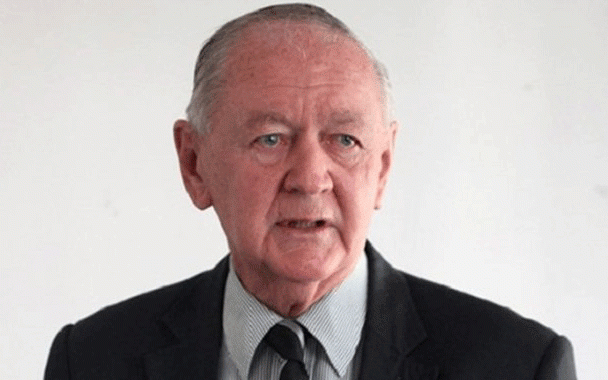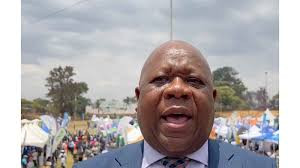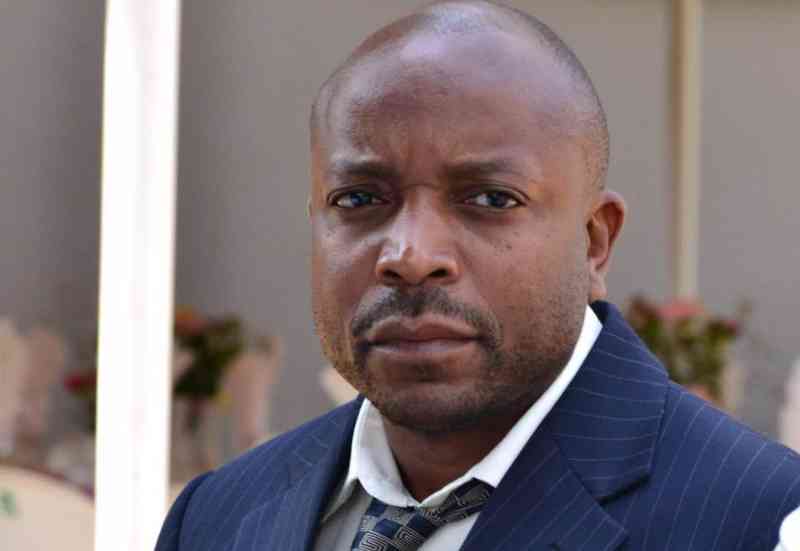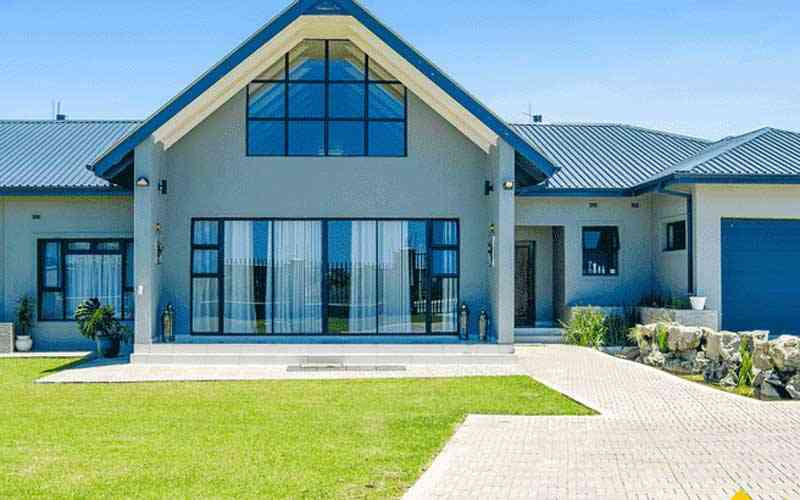
ECONOMIST and former Reserve Bank of Zimbabwe (RBZ) monetary policy committee member Eddie Cross says the country’s economic growth in 2023 will be determined by government's response to the current power crisis and lowering the cost of doing business.
Addressing guests at the Global Renaissance Investments (GRI) Smart Farming Indaba and Awards dinner in Victoria Falls last week, Cross said the onus to fix the power crisis was on the business community as government had shown that it had no capacity to deal with the crisis.
“If we don’t solve our power problems then we can forget growth because power is the life of the economy. How we are going to fix that problem is not just about the government but us as the business sector,” Cross said.
“This is because government doesn’t have the resources to fix that, Zesa is broke, so is Zesco in Zambia and Eskom in South Africa. Zesco in Zambia is US$23,4 billion dollars in debt, Eskom has US$39 million (debt).
“Those institutions are broke. They can’t solve the problem. So, we have to pick the difference and depending on how successful we are, will indicate how the economy grows in 2023,” he said.
Zimbabwe is currently experiencing rolling power cuts often lasting for days due to depressed generation capacity at its thermal-power station, Hwange, and Kariba Dam where low water level affected the nearby hydro power station.
Cross said the country should also forget about growth if it failed to address infrastructural problems in the country.
He claimed that it cost a Chinese businessman about US$1 800 dollars to move a consignment of goods from Shanghai to Chicago (in the United States) and it costs a Zimbabwean businessman US$4 000 to move the same from Harare to Johannesburg (in South Africa).
- Tarakinyu, Mhandu triumph at Victoria Falls marathon
- Andrea The Vocalist, dreams big
- All set for the 2022 Econet Victoria Falls Marathon
- Econet Victoria Falls Marathon return a boon for tourism
Keep Reading
“You can’t grow an economy if you are facing these kinds of overheads. The long queues at Zim borders increase the cost of everything you do. We can’t grow our economy if we can’t fix our infrastructure,” Cross added.
He also bemoaned water challenges faced by the country, especially in industrial areas.
“Then when we talk about water, Harare gets only 50% of the water it needs, Chitungwiza is even worse as it only gets 20%. There are parts of Harare which have not received water in the past 20 years. How can you develop your economy if your factories can’t get water? The national brewers in Bulawayo nearly closed because they didn’t have water,” he said.
Cross also said globally, the most expensive flights were from Harare to Johannesburg.
“If you check air transport, the other day I travelled to Norway for US$700, I can cross the atlantic for US$500, I can fly from here to Dubai and come back for US$750. The most expensive flights in the world are the Harare-Johannesburg route. We have got to fix this problem otherwise we won’t be able to grow,” he said.











